Sudan Protests Kenya’s Alleged Role in RSF Activities Destabilising the Region
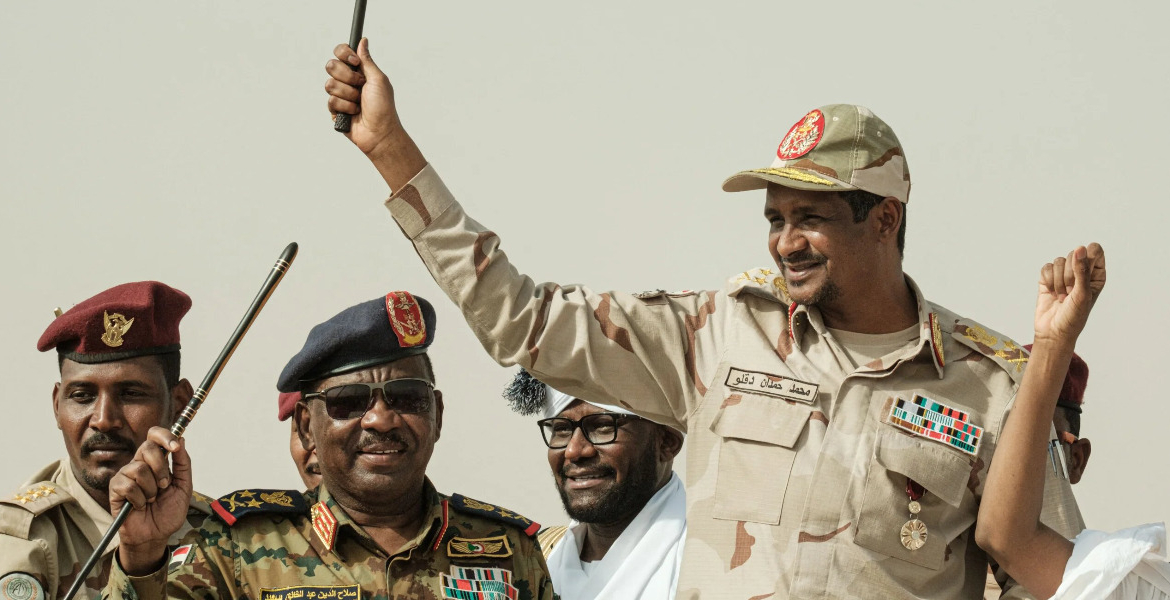
Kenya is facing a significant diplomatic challenge amid allegations that it has been supporting the Rapid Support Forces (RSF), a Sudanese paramilitary group.
The accusations, which have sparked controversy and raised questions about Kenya's role as a regional mediator, come as Sudan formally protested President William Ruto's alleged involvement in activities destabilising the country. The Sudanese Transitional Sovereign Council (TSC), through its Vice President Malik Agar, sent a formal letter of protest on March 14, 2025, accusing Kenya of facilitating meetings for RSF leaders aimed at forming a "parallel government" in Sudan. These actions, according to the Sudanese government, directly undermine Sudan's sovereignty.
The allegations centre around documented RSF activities in Nairobi, including a meeting held on February 22, 2025, at the Kenyatta International Convention Centre (KICC). Although a follow-up meeting initially planned for April was postponed due to internal disputes within RSF leadership, the political ramifications of these gatherings have persisted. The accusations have triggered a series of retaliatory measures from Sudan, including the suspension of Kenyan tea and coffee imports, which are vital to Kenya's trade revenue.
This abrupt trade suspension, analysts believe, is indicative of broader diplomatic grievances between the two nations. A Kenyan parliamentary official has confirmed receipt of the protest letter, describing it as highly sensitive and emphasising that the issue is being handled within the government's established diplomatic channels. Members of Parliament have reportedly been advised against discussing the matter publicly, as deliberations are expected to move through the Ministry of Foreign Affairs.
The RSF, led by General Mohamed Hamdan Dagalo (commonly known as Hemedti), has been accused of committing severe human rights abuses. Sudan contends that the RSF has been operating in Kenya with support that enables rebel agendas and further destabilises the region. The RSF's ongoing military campaign in Sudan has resulted in significant casualties, with over 400 fatalities reported on the same day RSF representatives convened in Nairobi.
The escalating violence underscores the humanitarian crisis gripping Sudan and adds urgency to calls for comprehensive peacebuilding efforts. The internal dynamics within the RSF have further complicated the situation. Disagreements between Hemedti and Abdul Aziz Al Hilu, leader of the Sudan People’s Liberation Movement-North (SPLM-N), underscore tensions over governance structures and territories. Political scientist Prof. Peter Kagwanja has warned that President Ruto’s perceived partiality risks diminishing Kenya’s legacy as a peace-broker.
This critique aligns with broader regional sentiments, with leaders such as Rwanda’s President Paul Kagame and DRC’s President Felix Tshisekedi expressing reservations about Kenya’s role. Kagame has accused Kenya of personalising its East African Community (EAC) interventions, while Tshisekedi has shifted his diplomatic focus to SADC and Angola, citing Kenya’s purported leniency toward the M23 rebels.
Governance analysts like David Ochami have also questioned the rationale behind Kenya’s engagement with RSF. He argues that the legitimate peace talks are happening under the African Union in Addis Ababa and that Kenya has no justification for hosting parallel processes. Ochami warns that the RSF’s violent history and internal fragmentation render them an unsuitable entity for diplomatic legitimisation, describing Kenya’s approach as “reckless and unsustainable.”

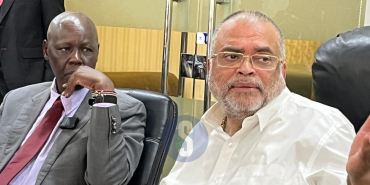
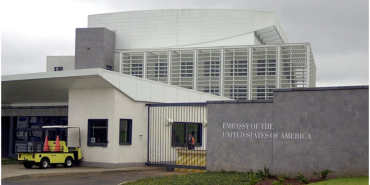
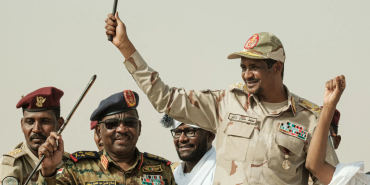
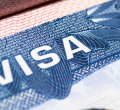
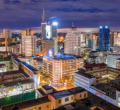
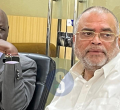
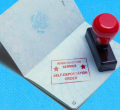

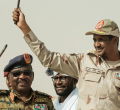
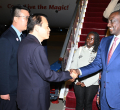
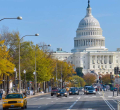
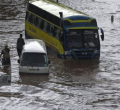
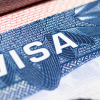
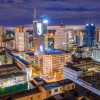
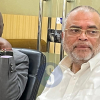
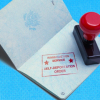
Add new comment